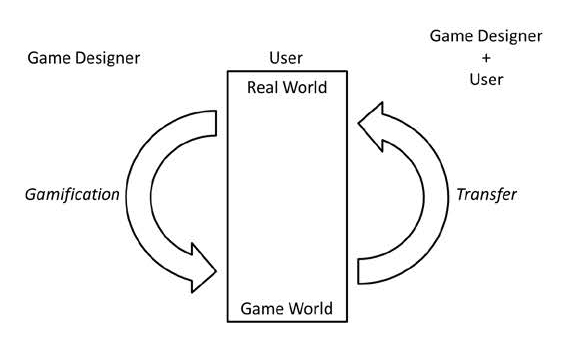Persuasive Game Design Group undertakes research on the application of game-elements in products, interventions, and services which motivate people to perform a specific behaviour in the domain of behavioural change, healthcare (mental, social, physical) and wellbeing. The design of the game-elements is stronger guided by a user-centred perspective than by a technological perspective (in contrast to EWI, GATE-research). The user is taken into account on an experiential level (e.g. the user’s motivation, emotion, and behaviour), on a perceptual and interaction level, and by means of design methodologies (e.g. participatory design).
Game-elements are the effective elements of games (e.g. virtuality, challenge, social relatedness, etc.) that motivate people to engage in the game product. The design of the elements is explicitly not restricted to the digital domain but can take any form that will be effective for the context of use (e.g. tangible games, sets of rules, mixed reality). The main goal of serious game research at IDE is to explore, develop, and test principles for serious game design from a user-centred perspective. In addition, the PIM department conducts research on game branding and marketing.
Often the research projects involve direct relations with creative industry.



